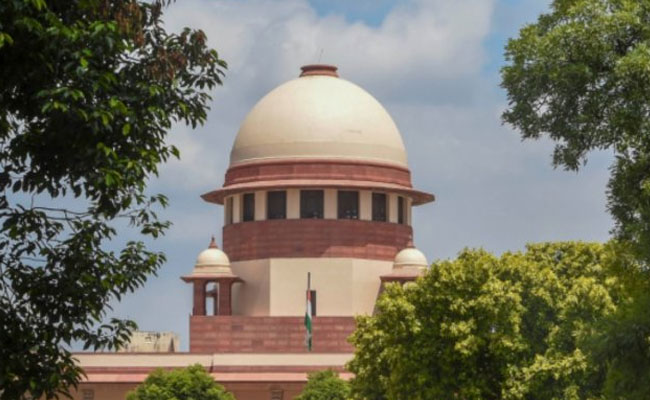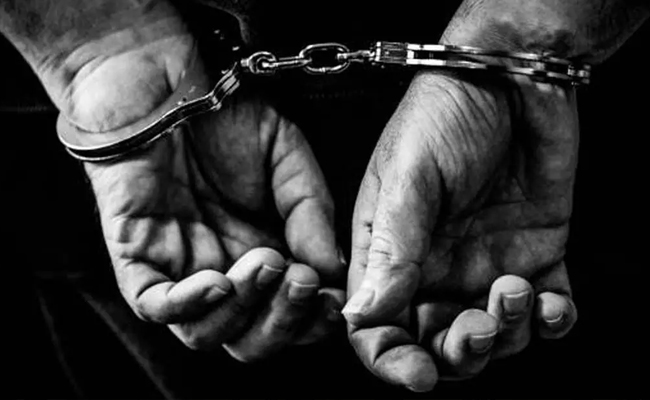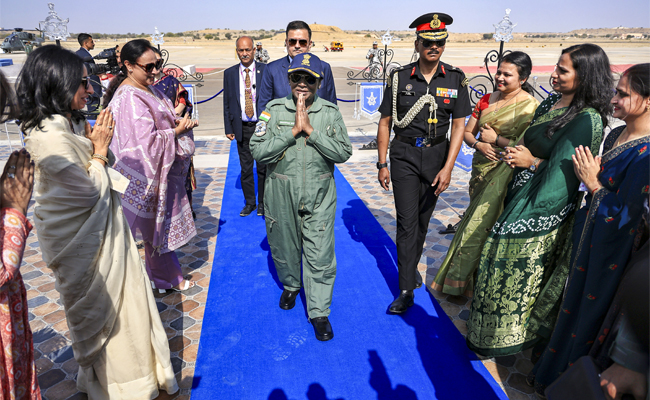New Delhi (PTI): The Supreme Court on Tuesday deferred till April 25 hearing on a batch of pleas challenging scrapping of the four per cent Muslim quota in Karnataka after the state government sought time to file its reply.
A bench of Justices KM Joseph and BV Nagarathna said the assurance given by the state government on April 13 that no quota benefits in admission to educational institutions and appointment in government jobs will be given to Vokkaligas and Lingayats will hold till April 25.
At the outset, Solicitor General Tushar Mehta, appearing for the state government, said he has to argue before the constitution bench on same-sex marriage and they will compile the reply on the issue of quota over the weekend.
Senior advocate Kapil Sibal, appearing for some of the petitioners challenging the scrapping of the quota, did not object to the state's request but said they be given the reply over the weekend, so that they could go through it before the next date of hearing on April 25.
The bench then listed the matter for further hearing on April 25.
On April 13, the Karnataka government's decision to scrap four per cent Muslim quota ahead of the assembly polls came under the scanner of the Supreme Court, which questioned the government order and said prima facie it appeared to be on a "highly shaky ground" and "flawed".
Taking note of the observations, the Karnataka government had assured the top court that it will put on hold its March 24 order by which it had given quotas in admission to educational institutions and appointment in government jobs to Vokkaligas and Lingayats, till the next date of hearing.
The four per cent reservation for Muslims was to be equally split between the two communities.
The top court said from the records tabled before it appears that the Karnataka government's decision is based on "absolutely fallacious assumption".
The top court had earlier given time till April 17 to the state government and counsel representing members of Vokkaliga and Lingayat communities to file their response to a batch of petitions challenging the government order, and had recorded that no admissions or appointments will be made till April 18 on the basis of the impugned order.
The state's BJP government headed by Basavaraj Bommai decided to scrap the four per cent reservation for Muslims in government jobs and educational institutions weeks ahead of the state assembly polls on May 10.
The state government announced two new categories of reservation and divided the four per cent Muslim quota between the Vokkaligas and Lingayats, the two numerically dominant and politically influential communities. Muslims eligible for quotas were categorised under the economically weaker sections.
The state government's decision has pushed the reservation limit to around 57 per cent now.
Let the Truth be known. If you read VB and like VB, please be a VB Supporter and Help us deliver the Truth to one and all.
Bengaluru (PTI): A domestic worker has been arrested for allegedly stealing 12.5 kg of silver articles worth around Rs 35 lakh from the house of her employer here, police said on Friday.
Chaitra has been arrested by the Jeevan Bima Nagar Police Station.
She had been working for the past two-and-a-half years at the residence of a surgeon attached to a reputed hospital in the city, Bengaluru City Police Commissioner Seemanth Kumar Singh told reporters.
According to him, the woman is a native of Davangere and allegedly stole silver utensils and Pooja articles from the house in phases.
“The family had stored about 12.5 kg of silver utensils on the upper floor, which were meant to be used only during festivals."
“She allegedly took one item at a time, pledged it to raise money and spent the amount. To avoid suspicion, she continued to work in the same house,” they added.
A few days before Deepavali, the accused reportedly quit her job.
“When the family opened the bag containing the silver utensils as part of festival preparations, they found the items missing and approached the police,” the Commissioner said.
Based on the complaint, a case was registered and an investigation was launched.
“We questioned former employees and during Chaitra’s interrogation, the theft came to light. We have recovered 12.5 kg of silver articles worth approximately Rs 35 lakh from her possession,” he stated.
A case has been registered and further investigation is in progress.
According to police sources, she cited the need for money for her husband’s cancer treatment, police sources said.





